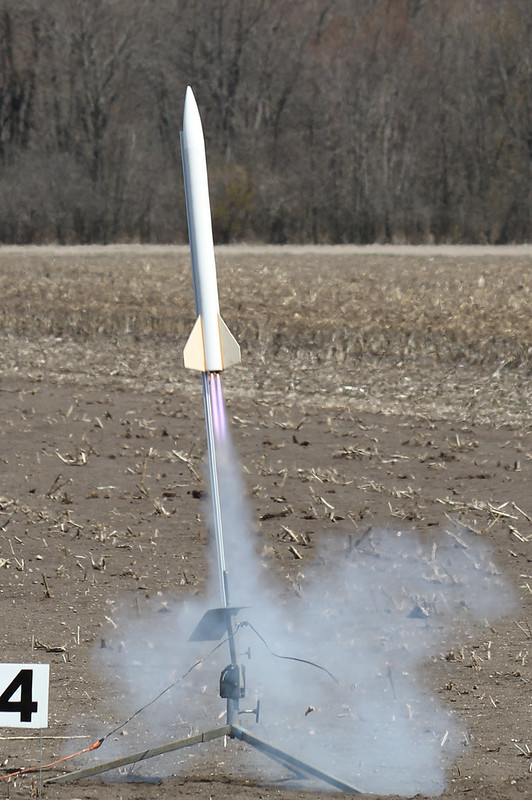rAiN_Twist
Well-Known Member
- Joined
- Sep 18, 2016
- Messages
- 80
- Reaction score
- 3
Hey guys,
New to this forum, so sorry if this isn't in the correct section. Most people are going to say this isn't possible, and the few people that have done it have spent lots of money, blah blah. So say I wanted to shoot a "model rocket" to space. It would take roughly 340 model rocket engines to make a ~3 gram rocket reach "space" or right above the exosphere. So obviously that's not realistic to strap 340 single use rockets to a model rocket. So what if you make a small, but efficient jet engine that switches to a oxidizer at 40,000 feet (at 40,000 feet there is a scarcity of oxygen). I read somewhere that a jet engine wouldn't work for a real life rocket because it wouldn't be able to lift the payload. But a small model rocket (or maybe bigger than a model rocket) would that be plausible?
rAiN Twist - YouTube
New to this forum, so sorry if this isn't in the correct section. Most people are going to say this isn't possible, and the few people that have done it have spent lots of money, blah blah. So say I wanted to shoot a "model rocket" to space. It would take roughly 340 model rocket engines to make a ~3 gram rocket reach "space" or right above the exosphere. So obviously that's not realistic to strap 340 single use rockets to a model rocket. So what if you make a small, but efficient jet engine that switches to a oxidizer at 40,000 feet (at 40,000 feet there is a scarcity of oxygen). I read somewhere that a jet engine wouldn't work for a real life rocket because it wouldn't be able to lift the payload. But a small model rocket (or maybe bigger than a model rocket) would that be plausible?
rAiN Twist - YouTube












